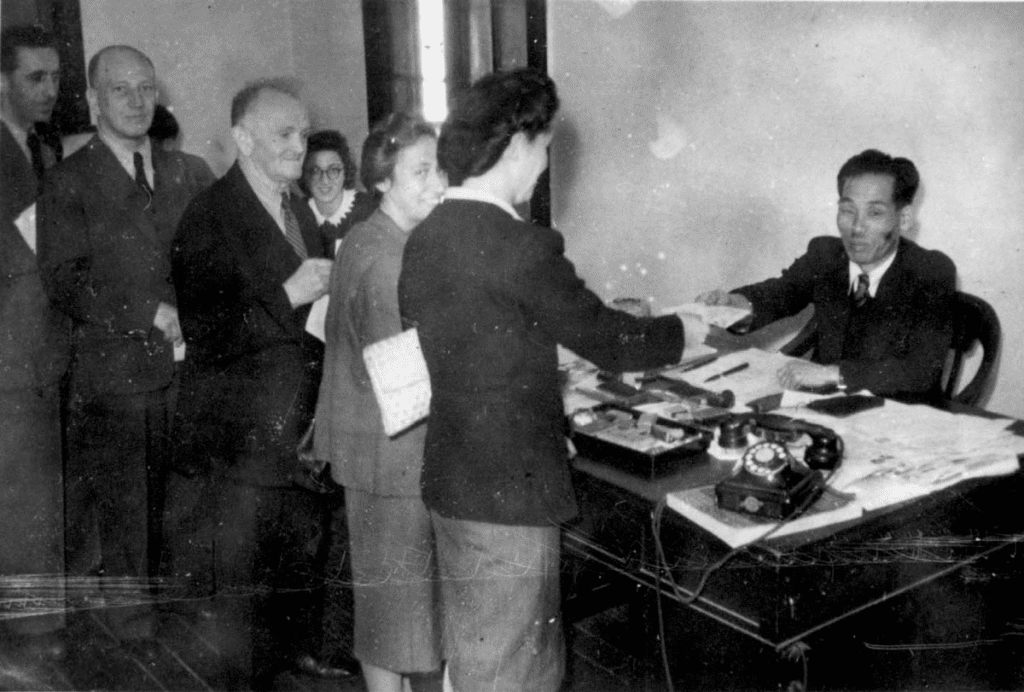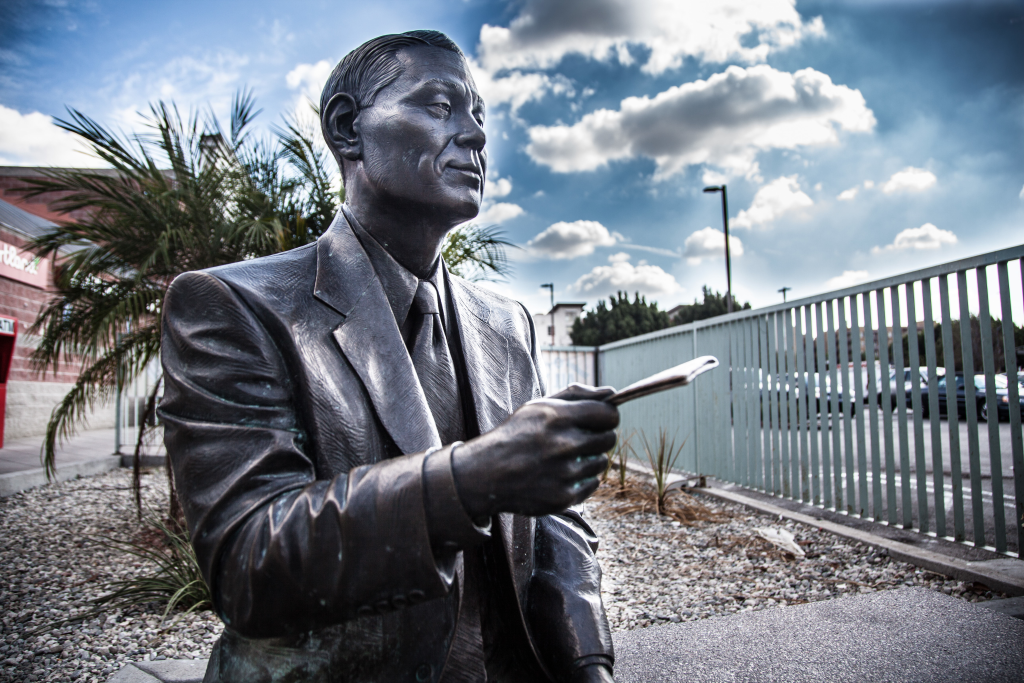In the summer of 1940, as Nazi forces swept across Europe, desperation spread just as quickly. Jewish families, already stripped of their homes and dignity, were left searching for a way out a way to survive. In the midst of this chaos, a quiet Japanese diplomat stationed in Lithuania became an unlikely hero. His name was Chiune Sugihara, and his handwritten visas saved thousands.

A Diplomat Torn Between Duty and Humanity
Chiune Sugihara was Japan’s vice consul in the Lithuanian city of Kaunas. While he had taken an oath to serve his country, what happened during that fateful summer forced him to make a different kind of choice one that would cost him his career, but secure his place in history.

As Jewish refugees began to gather outside the gates of the Japanese consulate, begging for transit visas to escape through the Soviet Union and into Japan, Sugihara asked Tokyo for permission to issue the documents. He was told no repeatedly. But he couldn’t ignore what he saw. The fear. The urgency. The undeniable humanity in the faces of families who had nowhere else to turn.
Writing Visas by Hand, Day and Night
Defying direct orders from his government, Sugihara made a life-changing decision. He began issuing transit visas anyway. He didn’t just sign a few. He wrote by hand, hour after hour, day after day. Some days he spent up to 20 hours writing, producing more than 300 visas in a single day.
Video:
Descendants of man who saved thousands of Jews in WWII meet growing families he saved
By the time he was forced to leave Lithuania, he had written over 2,000 visas each one representing not just a document, but a chance at survival. Because most of those visas were for families, it is estimated that his actions ultimately saved around 6,000 Jewish lives.
The Final Act of Defiance
Sugihara’s mission ended abruptly. In September 1940, as the consulate was ordered to shut down, he and his family were forced to leave by train. But even as the train was preparing to depart, Sugihara continued signing and handing out visas through the window to desperate refugees waiting on the platform.

His final moments in Lithuania were not filled with ceremony or grand speeches just the quiet act of tossing signed documents to the people below, hoping they’d reach safety in time. One signature at a time, he gave hope.
Life After the War: A Forgotten Hero
After the war, Chiune Sugihara was dismissed from Japan’s foreign service, likely due to his disobedience. For years, he lived in relative obscurity, working odd jobs to support his family. He never sought recognition. He never claimed to be a hero. In fact, for decades, almost no one knew what he had done.
Video:
Escaping Lithuania With The Help of Chiune Sugihara
That changed in the 1960s when survivors of the Holocaust those who had lived because of his visas began to search for him. Eventually, his story came to light.
In 1985, a year before his death, Sugihara was awarded the title “Righteous Among the Nations” by Israel’s Yad Vashem Holocaust memorial. It was a formal recognition of his bravery, humanity, and unwavering moral compass.
Why His Story Still Matters Today
Chiune Sugihara’s legacy is not just about saving lives. It is about standing firm in the face of injustice. At a time when the world looked away or followed orders, he listened to his conscience.
His story is a reminder that individual actions matter. That even within a system built to dehumanize and destroy, one person armed only with a pen, paper, and a refusal to give in can make a world of difference.

A Legacy Written in Ink and Courage
Sugihara once said, “I may have disobeyed my government, but if I didn’t, I would be disobeying God.” That conviction, simple and powerful, continues to resonate.
Today, descendants of the people he saved live across the globe a living testament to his bravery. Entire families, generations later, owe their existence to the handwritten work of one man who chose compassion over compliance.
When we talk about heroes, we often think of grand battles or loud declarations. But sometimes, heroism is quiet. Sometimes, it’s a man hunched over a desk, signing name after name knowing each stroke of the pen could change a life forever.



